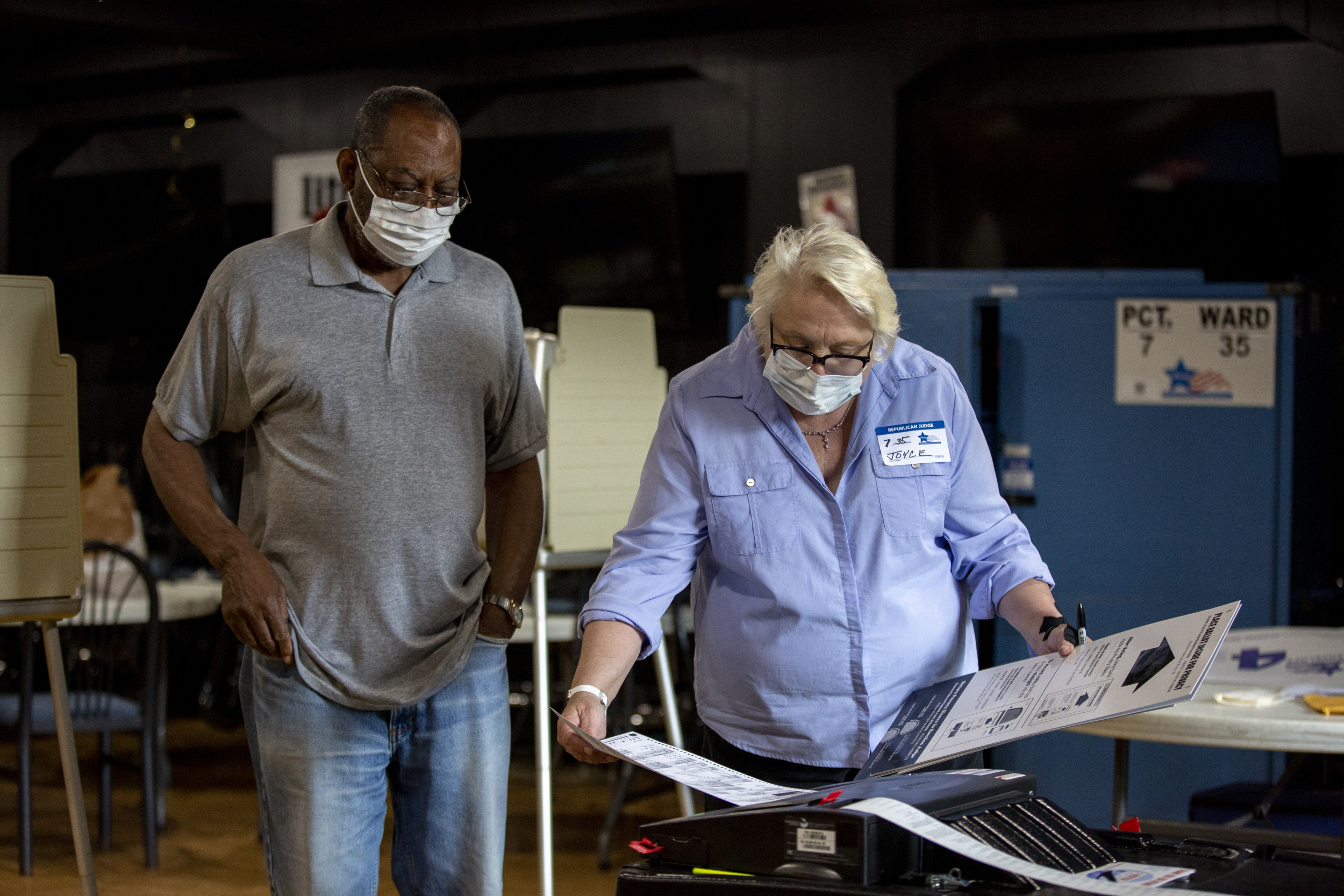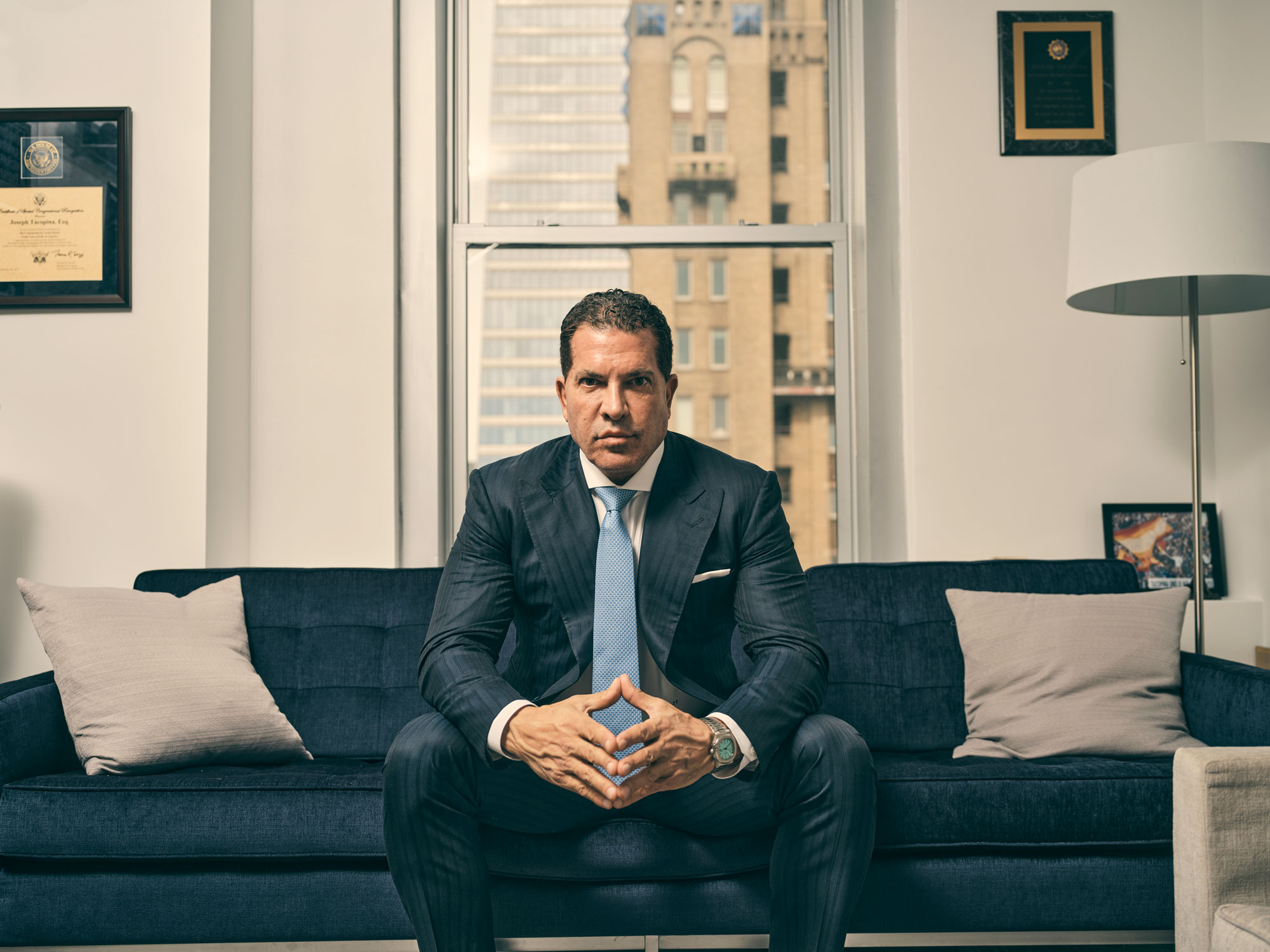It's Time We Admit That Some Mentally Ill People Need to Be Involuntarily Committed | Opinion
On May 1, a homeless Black man named Jordan Neely was killed by a fellow passenger on a New York City subway train. Exactly what transpired remains murky—specifically, to what degree did Neely make violent threats before being restrained in a chokehold? But that hasn't stopped many on the Left from weighing in, obfuscating Neely's violent and criminal history and implying he was killed for making people feel "uncomfortable." Meanwhile, on the Right, commentators have emphasized the lack of law-and-order in New York, in many instances neglecting the very real needs of the homeless themselves, who are struggling human beings.
Both sides have a piece of the puzzle. The Left is right that Mr. Neely didn't deserve to die and was underserved by society. And they're right that relying on policing to fix homelessness is dangerous for homeless individuals.
But handwringing in the pages of high-profile news magazines over our supposed indifference is of little value.
Contrary to what I suspect most people believe, the U.S. doesn't have a particularly high homeless population compared to other nations; we're about on par with much of Europe—or even better, according to some data. A 2019 report by the Institute of Global Homelessness found the U.S. homelessness rate to be 0.17 percent, far below that of, say, Germany (0.50 percent), Sweden (0.36 percent), Australia (0.49 percent) or New Zealand (0.94 percent). This is not to say we don't have a problem. Our rate is higher than South Korea (0.02 percent) and Taiwan (0.04 percent). But it's important not to indulge in reflexive, useless self-criticism.

What is required is an honest look at the issue so we can do a better job solving it. It's a difficult, complex issue, because people become homeless for a variety of reasons and for different lengths of time.
Most homeless individuals aren't mentally ill. They become homeless due to loss of a job, unaffordable housing price surges, or family issues like domestic violence. Many such individuals can rebound with a change of fortunes or in response to programs that help with jobs or affordable housing.
But among the chronically homeless—those homeless for at least a year, or experiencing repeated incidents of homelessness—chronic mental illness is common. Data suggest that about 30 percent of chronically homeless individuals have mental health conditions, and 50 percent have issues with substance abuse. That's not a trivial number.
And it's definitely gotten worse due to Left-wing policies. As I chronicle in my book How Madness Shaped History, homelessness increased due to the movement in the 1950s and 60s to discharge chronically mentally ill individuals from asylums into community mental health centers. Of course, the concerns with the asylum system were valid; historically, conditions in asylums could be cruel and lacked due process. But an effective community mental health system never materialized, and it's clear that limited contact with a mental health clinic often isn't effective for chronically mentally ill people; just look at Jordan Neely as an example.
The solution to our homelessness problem is clear: a revised, humane asylum system utilizing evidence-based medicine with clear due-process rules for judicial oversight regarding involuntary commitment.
Neither side is going to like this solution. Progressives don't like commitment solutions, as progressives tend to promote personal freedom (a position I'm largely sympathetic with). Conservatives for their part likely will worry about the non-trivial tax cost of state-run asylums. Yet this is the only thing that will prevent future tragedies like Neely's death.
The reality is that some individuals experiencing chronic mental illness are unable to care for themselves, and some may never be able to do so. Protecting their autonomy is a virtuous impulse, but leaving them with the autonomy to die on the streets is not something a compassionate society should be striving for.
No doubt, such asylums will need to learn from the past. All treatments should be evidence-based and humane. Involuntary commitments will need to be reviewed at least every few months to make sure the individual has not recovered enough to return to regular life. Job programs and affordable housing programs could work with asylums to make transition back to regular life easier for those who are discharged. Care will look different for each individual. Some with time-limited mental illnesses or substance abuse only may need only brief care. Others may, frankly, need a lifetime of supervised care.
But to pretend that this need doesn't exist because it conflicts with our political preferences is not just harming society at large; it's cruel to the mentally ill themselves.
Chris Ferguson is a professor of psychology at Stetson University and author of How Madness Shaped History, Mortal Combat: How the War on Violent Video Games is Wrong and the mystery novel Suicide Kings.
The views expressed in this article are the writer's own.








